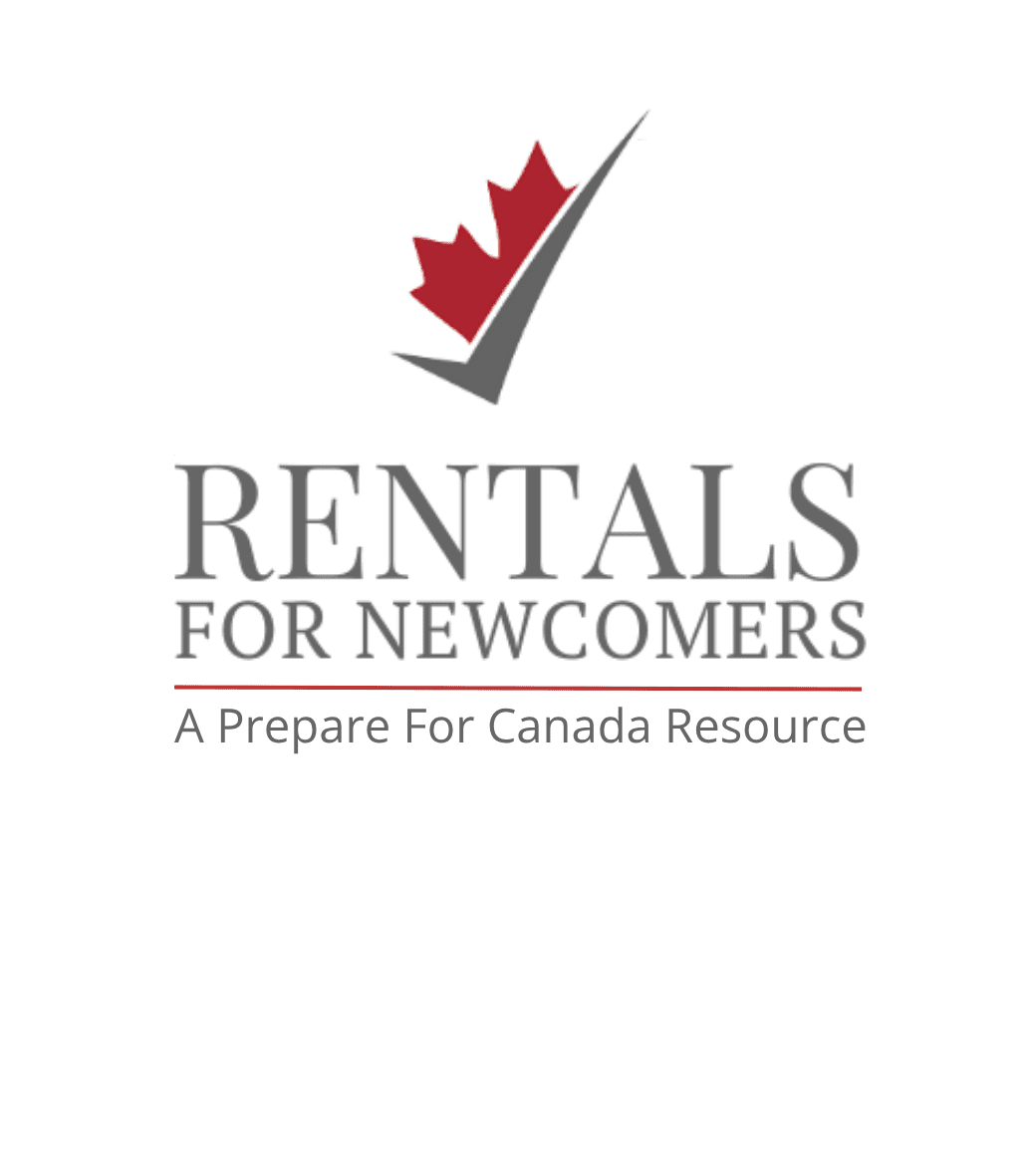Finding Childcare in Canada
Childcare is the responsibility of the parents. If both parents work and you don’t have grandparents or other family or friends to watch your children in your absence, you’ll have to find — and pay for — suitable childcare.
To help offset the costs, Canada offers the Universal Child Care Benefit, which provide financial assistance to all Canadian families with young children, regardless of where they live, their family circumstances or preferences. Parents receive $100 a month for each child under six years of age. This is in addition to being eligible for the Canada Child Tax Benefit.


